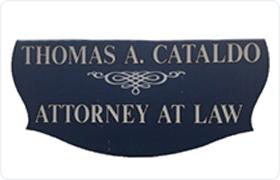Maplewood DUI-DWI Lawyer, New Jersey
Sponsored Law Firm
-
 x
x

Click For More Info:
-
Thomas A. Cataldo, Attorney at Law
52 South Street Morristown, NJ 07960» view mapCriminal Defense Law Tip The Scales In Your Favor!
Thomas A. Cataldo, Attorney at Law has the legal experience you need at affordable rates that can't be beat.
800-834-4291
Steven Goldstein
✓ VERIFIEDCriminal, Traffic, Personal Injury, DUI-DWI
Steven Goldstein was admitted to practice in New York State in 1992. He was admitted to practice in New Jersey in 1993. His practice areas are pla... (more)
FREE CONSULTATION
CONTACTMark M. Cheser
Traffic, Divorce & Family Law, DUI-DWI, Criminal
Status: In Good Standing Licensed: 45 Years
Michael I. Berliner
DUI-DWI, Insurance, Medical Malpractice, Car Accident, Personal Injury
Status: In Good Standing
FREE CONSULTATION
CONTACTDanny T. Matrafajlo
Traffic, Workers' Compensation, DUI-DWI, Personal Injury, Mass Torts
Status: In Good Standing
 Thomas Cataldo Morristown, NJ
Thomas Cataldo Morristown, NJ Practice AreasExpertise
Practice AreasExpertise

